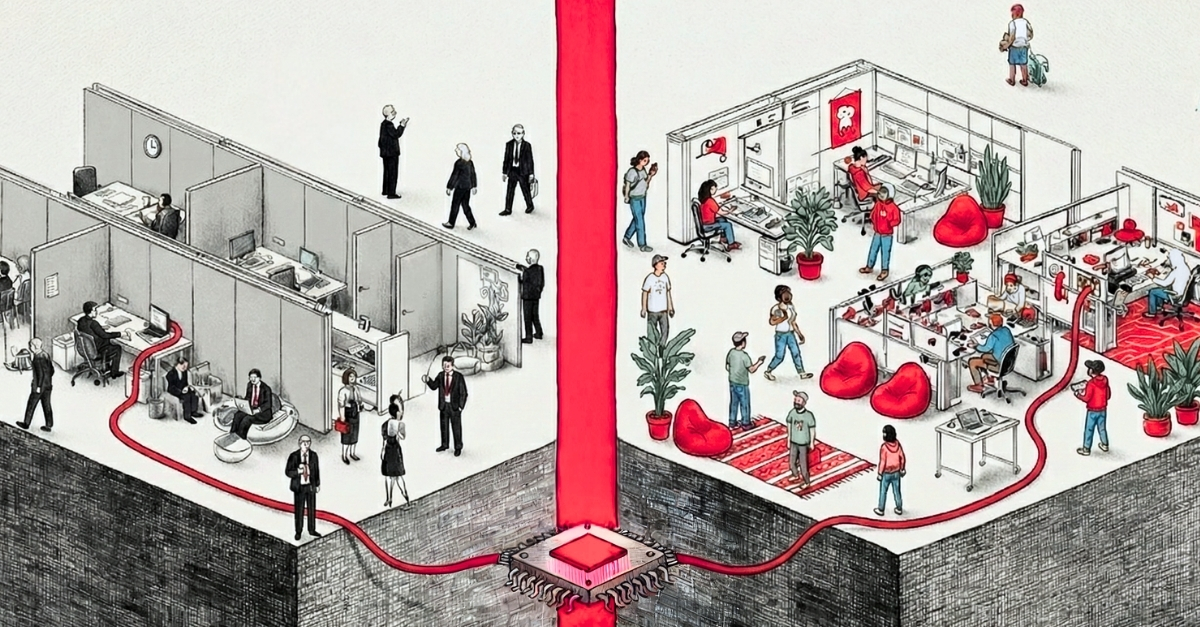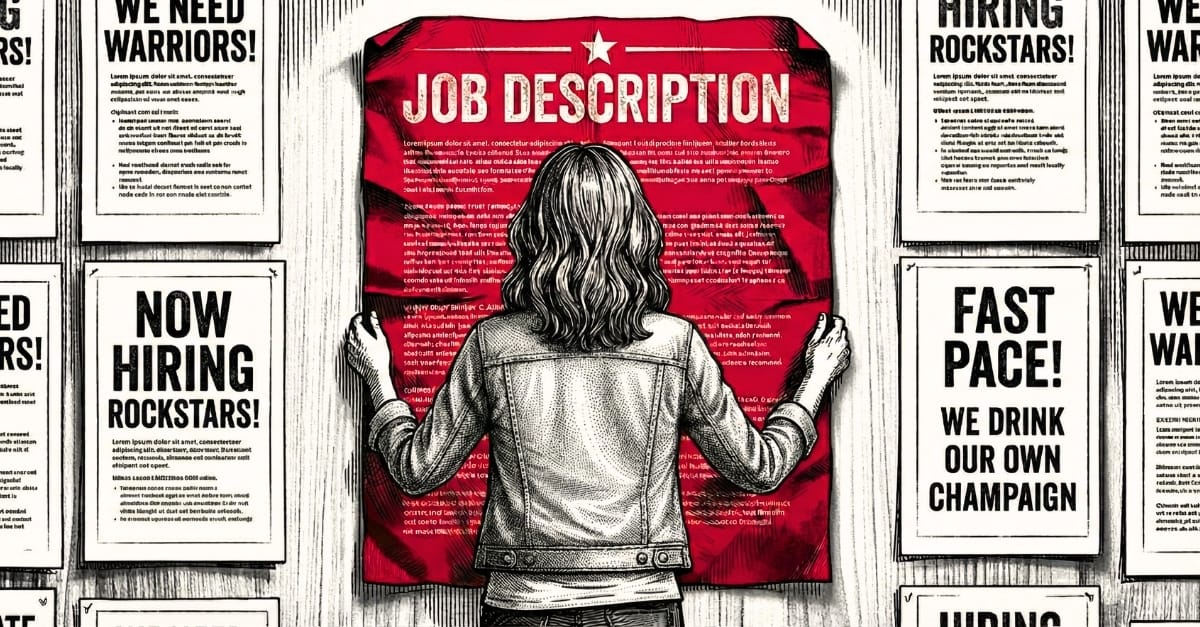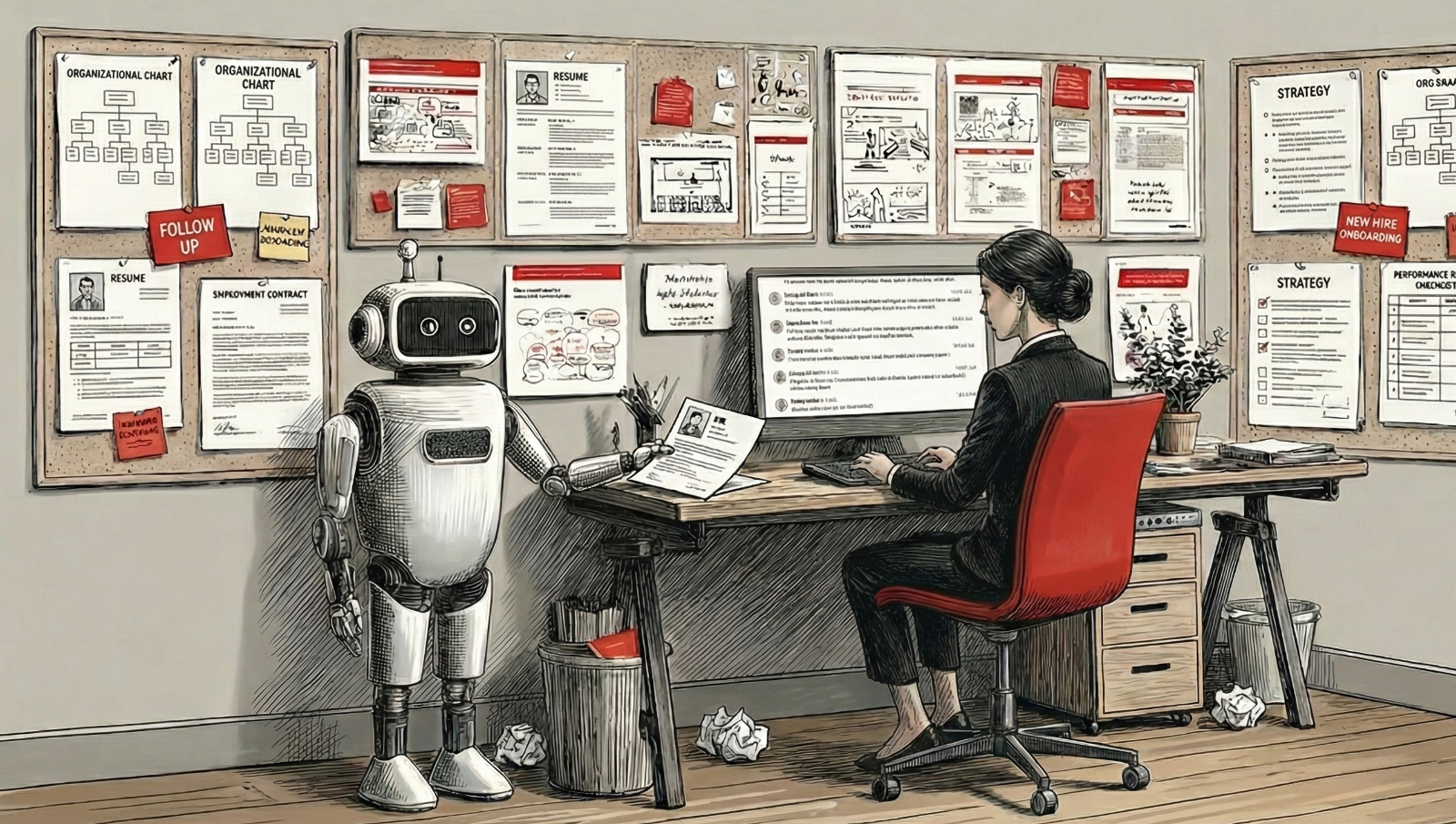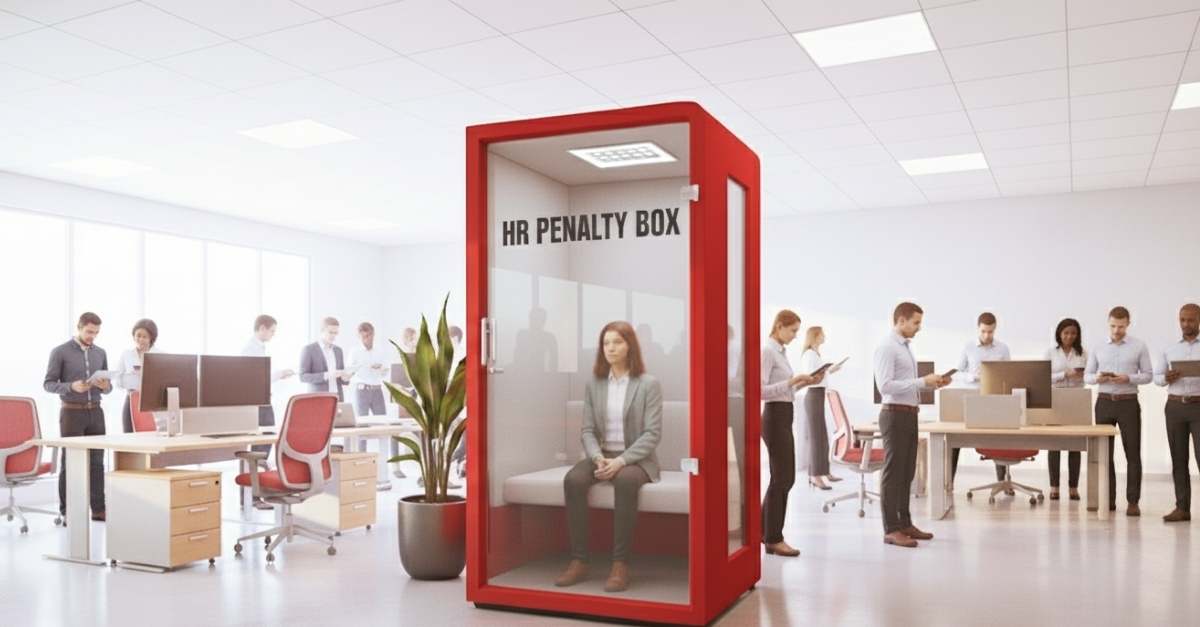In 2018, nearly 5 million Americans worked in retail sales. But by year end, more than half were on to a different job.
The Bureau of Labor Statistics estimated a whopping 58% annual turnover in retail last year. When it comes to retaining retail employees, the struggle is real.
As in any industry, when someone quits, managers have to work quickly to find replacements. Other employees are disgruntled when they have to work more hours until a new hire is trained. With such high turnover rates, that can take a serious toll on teams, managers, and the bottom line of the business.
What’s a retail business to do?
The 2019 Employee Engagement Report offered some solutions. An easy to place to start—and make a significant impact—is employee development. A top driver of engagement and retention is learning and development opportunities.

Here are three ways you can support career development and advancement for retail employees:
1. Offer professional development programs.
This might be ongoing training programs—such as those Starbucks offers its employees. These professional development programs help employees learn skills they can use to further their career at your organization.
You might also consider creating a mentorship program, partnering staff with a more senior member of the team. These mentors can provide coaching around essential job skills and leadership skills.
If you use The Predictive Index®, mentors can also use Coaching Guides to help employees increase self-awareness and reflect on how their behavioral tendencies may impact how they perform their role.
Join 10,000 companies solving the most complex people problems with PI.
2. Develop career paths to entice long-term tenure.
With a median tenure in retail at just under three years, there are plenty of opportunities to extend an employee’s time with your organization. One way to do this is to design career paths for retail associates. Make sure that in addition to retail management options, you’re also providing innovative career paths that help employees explore other areas of the business that they can support. While retailers often offer upward career opportunities—such as becoming a shift supervisor or store manager—some employees prefer lateral moves. Perhaps one of your customer service associates would enjoy a sales role, or one of your cashiers might enjoy working more behind the scenes.
Of course, careers in retail aren’t just in-store. The National Retail Federation (NRF) stated, “From the part-time sales associate at a local store on Main Street to an app-developer for a major retailer, the retail industry directly employs 29 million Americans, making it the largest private-sector-employer in the economy.”
Retaining these employees—as well as their in-store experience—will benefit your organization by bringing real-world insights to other departments throughout the company.
3. Provide tuition reimbursement options.
Employees show up for a paycheck, but they’re also looking for reasons to engage with your organization. One way to earn employee loyalty—and increase the length of tenure—is by providing options for tuition reimbursement.
Research conducted by EdAssist found that eight in 10 employees say tuition assistance makes them “more likely” to stay with an employer—and 85% said the educational benefits helped with their job satisfaction.
Take Home Depot, for instance, which offers tuition assistance. Salaried employees can receive up to $5,000 per calendar year—and hourly and part-time employees can take advantage of the benefit as well. As of 2018, Home Depot has invested more than $131 million in tuition reimbursement for employees.
Career development saves money in the long run.
It’s easy to look at the cost of development opportunities and put them off until there’s more money in the budget. But when you consider the high cost of turnover—and the added value of more skilled, engaged workers—it’s clear offering career development opportunities pays off.








